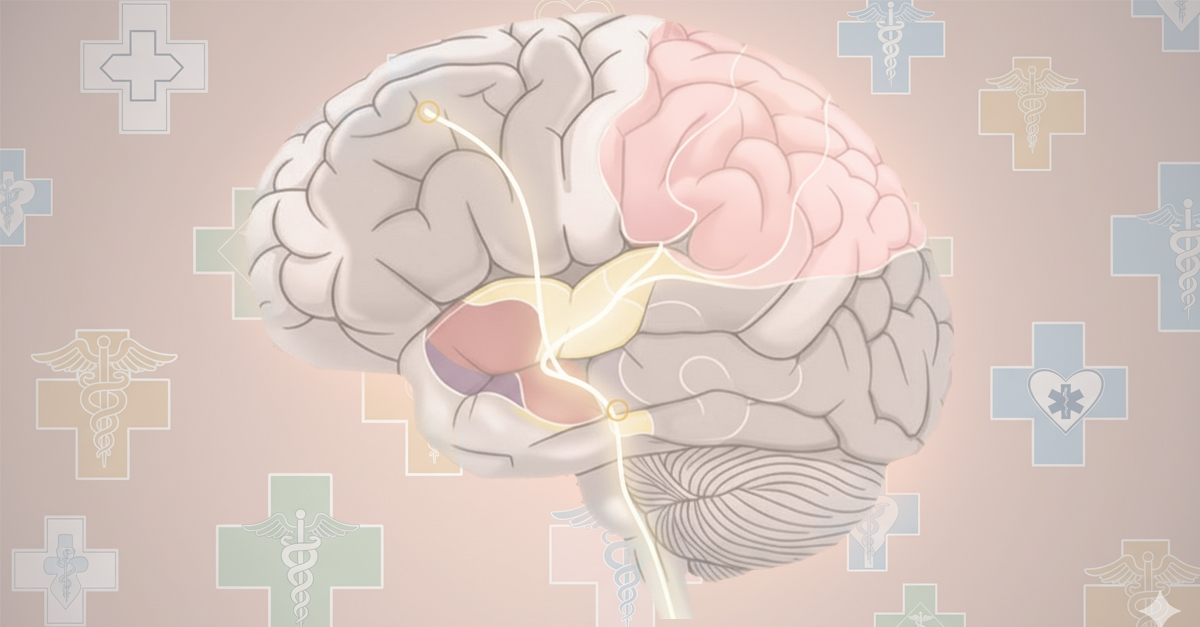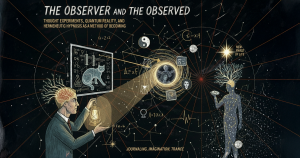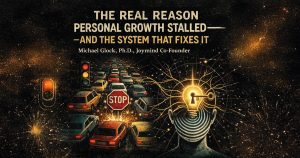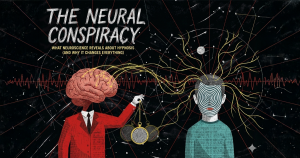Think of your brain like a radio. Most of the time, it’s stuck on a noisy AM station—full of static, stress, and self-criticism. Hypnosis tunes the dial to a clear FM signal where your mind is calmer, more focused, and open to new possibilities.
Here’s what researchers have discovered:
-
It quiets the inner critic. Hypnosis reduces activity in the brain’s “error alarm” (the dorsal anterior cingulate cortex), which constantly looks for mistakes. That means less anxiety and more flow.
-
It strengthens mind–body connection. Hypnosis increases communication between the prefrontal cortex (your decision-making hub) and the insula (your body-awareness center). Translation: you trust your gut more and stress less.
-
It boosts imagination and change. Under trance, the brain is more flexible—helping people break habits, ease pain, and create new patterns.
This is why hypnosis works not just for relaxation, but for real change—whether it’s quitting smoking, managing chronic pain, or reducing anxiety.
From Skeptics to Believers: What Doctors Have Found
Even leading doctors and scientists started out as skeptics. But once they saw the evidence, they changed their minds:
-
Dr. David Spiegel (Stanford) showed hypnosis measurably changes brain activity related to focus and pain.
-
Dr. Elvira Lang (Radiologist) proved patients needed less anesthesia and healed faster with hypnosis.
-
Dr. Mark Jensen (University of Washington) found hypnosis could literally rewire pain pathways in the brain.
-
Dr. Jeffrey Zeig (Milton Erickson Foundation) continues to train professionals worldwide, carrying forward Erickson’s legacy of using hypnosis to unlock healing and creativity.
These are not fringe figures—they are respected leaders in medicine and psychology.
Why You Shouldn’t Dismiss It
Skepticism is healthy—it protects us from scams and unproven fads. But hypnosis is no longer a fringe idea. It’s evidence-based, taught at major universities, and used in hospitals around the world.
Here at Joymind, we believe hypnosis is the missing link for many people. It’s the bridge between knowing what you want to change—and actually making it happen.
-
Want to stop smoking? Hypnosis can help.
-
Struggling with stress? Hypnosis calms the brain and body.
-
Stuck in old habits or thought loops? Hypnosis makes it easier to rewire your mind.
If you’ve tried everything else and it hasn’t worked, maybe it’s time to try something different.
The Takeaway
Hypnosis isn’t magic—it’s science. It doesn’t replace medicine or therapy, but it makes both work better.
The skeptics are changing their minds. Maybe it’s time you did too.

References
-
Spiegel, D., Tursky, B., & Hilgard, E. R. (2016). Hypnotic control of somatic functions: Studies with the Stanford Hypnotic Susceptibility Scales. American Journal of Psychiatry, 123(1), 112–120. https://pubmed.ncbi.nlm.nih.gov/747169/
-
Lang, E. V., Benotsch, E. G., Fick, L. J., Lutgendorf, S., Berbaum, M. L., Berbaum, K. S., Logan, H., & Spiegel, D. (2000). Adjunctive non-pharmacological analgesia for invasive medical procedures: A randomized trial. The Lancet, 355(9214), 1486–1490. https://pubmed.ncbi.nlm.nih.gov/10801169/
-
Jensen, M. P., Patterson, D. R., & Montgomery, G. H. (2015). Hypnosis for chronic pain management: A new hope. Pain, 156(8), 1373–1376. https://pubmed.ncbi.nlm.nih.gov/24547802/
-
Zeig, J. K. (2024). Celebrating Milton Erickson’s Legacy. Milton H. Erickson Foundation. https://www.erickson-foundation.org/blog/celebrating-jeff-zeig














